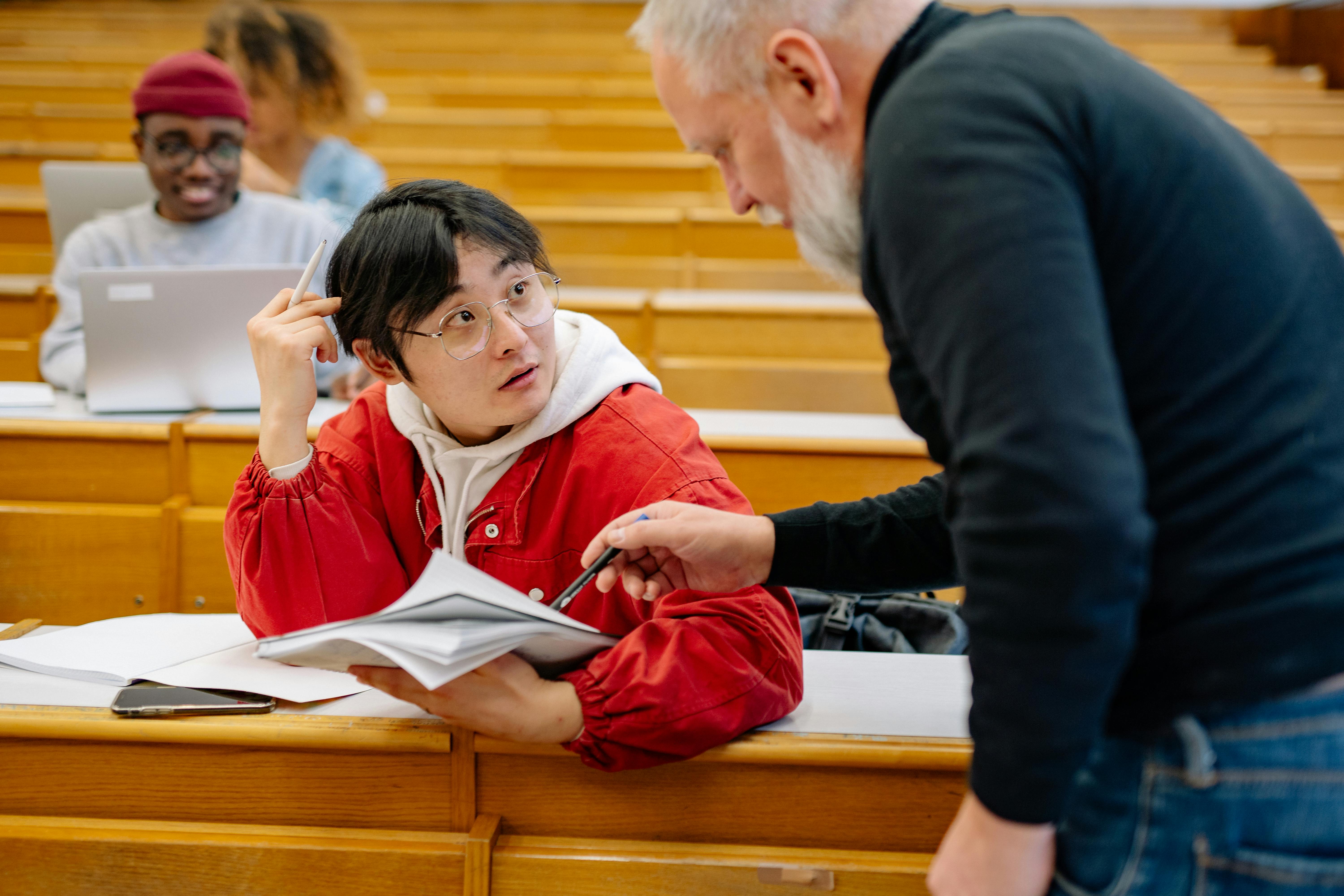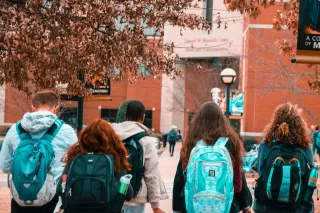March 17, 2015
Targeting Behaviors and Student Success: A Q&A
Persistence Plus and Middlesex Community College partnered to help students in development courses excel.

Jill Frankfort
About

The majority of incoming students require some developmental education, which can prove to be a barrier to entering college-level courses
The Persistence Plus platform helps motivate these students by normalizing their challenges and providing easily accessible support
Behavioral science is broadly adaptable for remedying challenges facing underprepared college students
Across the U.S., an estimated 60% of incoming community college students require developmental courses to be ready for college-level work, according to estimates by experts. As these courses act as a gateway to further studies, those who fail are most often lost to higher education: Less than a quarter will earn a degree or certificate within eight years. Connecticut’s Middlesex Community College, an institution serving approximately 3,000 students at locations in Middletown and Meriden, is using new approaches based on behavioral science to improve retention among all students, with a particular focus on students who have historically struggled to earn a degree.
In the following Q&A, Jill Frankfort, co-founder of Boston-based Persistence Plus, talks to Adrienne Maslin, dean of students at Middlesex, and Ross O’Hara, behavioral researcher at Persistence Plus, about issues facing community colleges in retaining underprepared college students and the potential offered by interventions that target psychosocial factors related to student success.
Read on to learn how Persistence Plus and Middlesex used behavioral science to increase persistence for students in developmental courses.
Subscribe to our newsletter
Stay updated on our latest posts and research-backed insights.
Thank you! Your submission has been received!
Oops! Something went wrong while submitting the form.

Jill Frankfort
CEO and Co-Founder
Ms. Frankfort is the Co-founder and CEO of Persistence Plus, a mission-driven company that works with colleges, non-profits, and employers to propel more students to credentials. The Persistence Plus model leverages behavioral science and an intelligent software system to uniquely engage and support students. Since introducing “nudging” to higher education, Ms. Frankfort and her team at Persistence Plus have helped students across the globe toward their goal of earning a college degree. More than ten gold-standard RCTs show that Persistence Plus students persist at greater rates than students without the service. Her work has been recognized by the Online Learning Consortium, Kauffman Foundation, Milken Family Foundation, and Blue Ridge Foundation, among others, for its innovation and impact. Ms. Frankfort is a graduate of Brown University and received her master’s in education from Wake Forest University.
%201.svg)






























